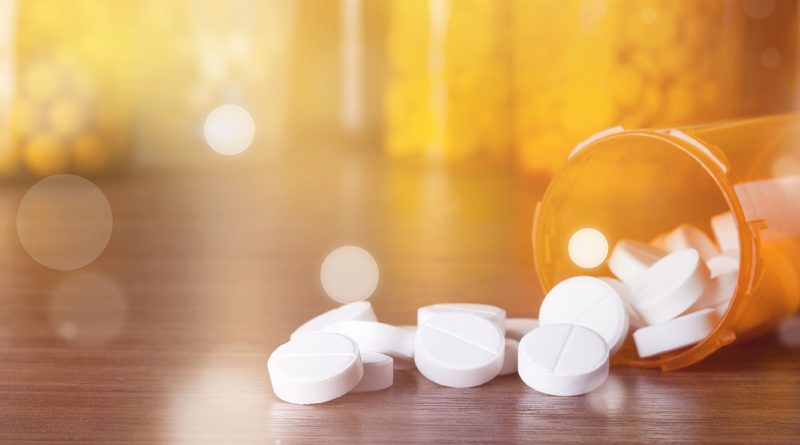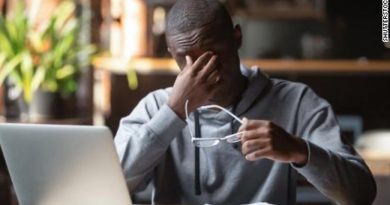Dangers of Opioid Use Disorder and Overdose
For patients who suffer from persistent pain, opioids help them to a great extent. Even doctors often prescribe them as a kind of pain relief. However, some people develop a physical and psychological need for opioids to function. This way, in the process of controlling one disease, they develop other issues. Overdose of opioids results in addiction while you use them to reduce the symptoms of another sickness.
This is because opioids generate an increase in opioid receptor activity in the body. That results in a high-like state of euphoria. However, this abuse of drugs has harmful impacts on your body. You’ve probably heard tales of people who lost their jobs or whose families excluded them due to their alcohol or drug addiction.
You should be aware of such consequences of opioid use disorder. Usually, while receiving opioid-based treatment, people don’t consciously want to rely on opioids. However, unconscious overdosing on these drugs can lead you to many difficult circumstances. So, if you’re thinking about receiving opioid-based treatment for a condition’s symptoms, you must be aware of some of its possible risks.
Potential risks of opioid-based medication
Following are some of the signs of high-dose opioid use. By learning about these symptoms, you can recognize the changes in your body at an early stage. As a result, you’ll be able to control the use of drug-based medicines and stop it from turning into an addiction.
Loss of control
It was the 1990s when pharmaceutical corporations introduced opioids to the market. At that time, these companies promised consumers that they would not become addicts. Consequently, medical professionals started prescribing them in greater amounts due to these assertions. However, later the government acknowledged that it is becoming a crisis. So, in 2017 they came to the conclusion that there was an urgent need to address the national issue of opioid addiction.
Many people who received opioid prescriptions fell prey to addiction. It resulted in them losing control of their lives. Their minds were continually wanting the bliss that the medications produced. Therefore, the patients developed a psychological and even physical dependence on opioids.
Regular use of drug-based medication gives rise to opioid addiction. As a result, those who take prescription opioids want ever-increasing doses of the drug to feel the same level of satisfaction. Consequently, their lives center around experiencing opioid-induced pleasure again and again. However, this causes them to experience even more pain and suffering in the long term.
Failure to uphold social obligations
Another major issue of opioid overdose is the failure in upholding social obligations. All other responsibilities and duties become less important as the user’s obsession with getting the next high takes over. It is crucial to emphasize at this point that opioid dependence is neither a moral failing nor a sign of a user’s lack of willpower. But, it’s an opioid use disorder that has received a clinical diagnosis.
The user of this disorder will put getting and consuming opioids ahead of anything else in their lives. The overwhelming desire for the drug can make it difficult for them to concentrate at work. Moreover, after a night of excessive indulgence, they can even miss working the next day. Therefore, this has prevented many people with opioid use disorder from maintaining employment.
In most cases, the user battles to keep their opioid consumption a secret from them. This often results in relationships with their family members starting to worsen. They begin to nurse feelings of shame and hopelessness. Moreover, as they put their next fix above vital family commitments, they also feel guilty. These emotions could cause people to distance themselves from their loved ones. And it can further escalate conflicts.
Causes psychological issues
Many opioid use disorder patients have psychological issues. These are the results of their diminished feeling of self-worth. Most of the time they are aware that this behavior brought on by opiate usage damages their relationships. Still, they feel powerless to stop or control themselves.
The constant cycle of guilt brings psychological problems like anxiety and depression. This is since many people with opioid use disorder don’t view their condition as a sickness. But rather they see it as the product of moral failings or a lack of willpower. As a result, they isolate themselves from others who could serve as their support system. Instead of seeking assistance, they feel like staying alone and isolated. Even they become more susceptible to even graver psychological effects. For example, suicidal thoughts or self-harm.
Strive to be proactive in finding help for a friend or loved one if you observe them growing more withdrawn. Moreover, speak to them and express your love. This will help them to be more open. Additionally, you can suggest they try drug recovery centers such as the Massachusetts drug rehabilitation.
It may result in death
One of the many ways that opiate usage can cause mortality is by giving in to suicide impulses. An opioid overdose can happen if you use them frequently and continuously. Over 48,000 opioid overdose deaths were estimated to have occurred in 2020. In fact, opioids on prescription accounted for nearly half of these.
When the blood supply to the brain is hampered by an excess of opioids, an opioid overdose ensues. Additionally, an overdose can result in respiratory depression. This causes the lungs to swell with fluid and fatally reduces the quantity of oxygen flowing through the body. Moreover, death can result from problems with the heart and the veins that return blood.
Time is important
You need to be attentive in aiding people nearby who might be experiencing this disease. Given how serious the effects of opiate abuse can be, it’s important to make people aware of the risks of its usage. Engage them in loving conversation and assist them in realizing that they are dealing with a condition just like everyone else. Finally, get them professional medical assistance as soon as possible.




